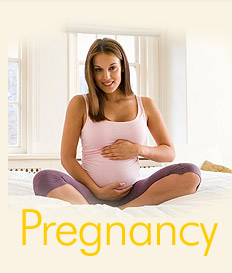"Herbal" and "Natural" Treatments for Menopause Symptoms
 Monday, January 24, 2011 at 09:00AM
Monday, January 24, 2011 at 09:00AM In 2002 and 2004, studies showed a small but real risk to hormone replacement therapy. As a result, fewer women have chosen to take estrogen and progesterone to treat their menopausal symptoms. Many women will tolerate their mild symptoms without any treatment, others will turn to “Herbal” or “Natural” alternatives.
Herbs are considered dietary supplements and not regulated by the Food and Drug Administration (FDA). In 2010, a law was passed insuring that the listed ingredients are contained in the product. There is still concern about other ingredients (contaminants) that may be in the product but not listed. Quality testing results for various products can be found at consumerlab.com.
Studies have been done to see if any of the herbal alternatives are really effective. To date, no benefits have been found for black cohosh, dong quai, evening primrose oil, ginseng, red clover, soy supplements or wild yam. Some of these alternatives may interfere with anticoagulants and increase bleeding. However, as a general rule, herbal supplements are safe.
References (1)
-
 Response: keto os health supplement
Response: keto os health supplement



Reader Comments